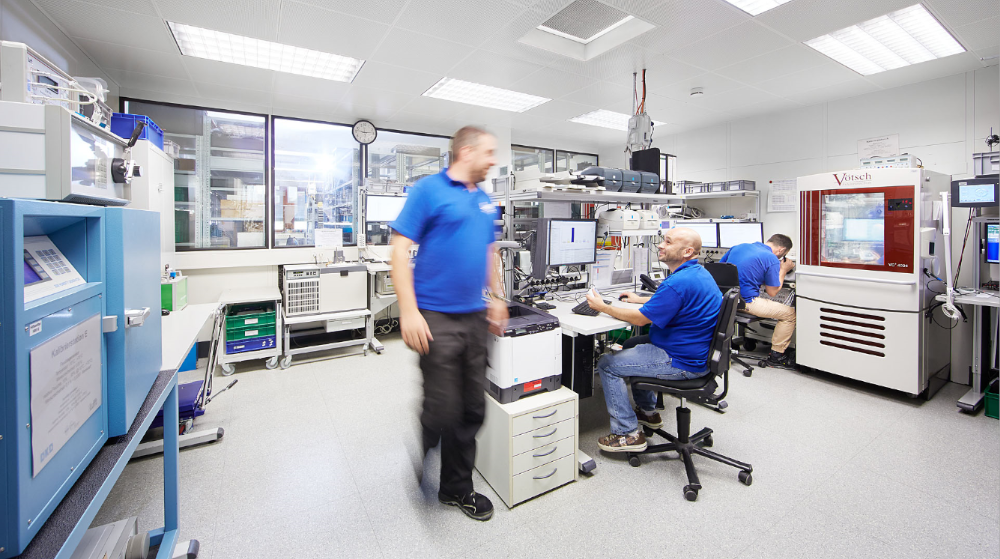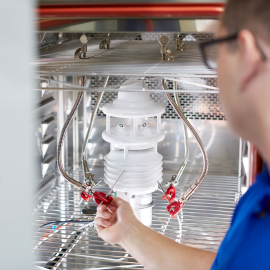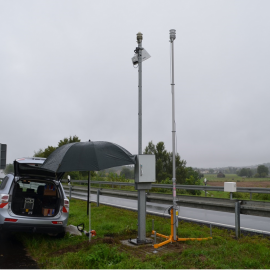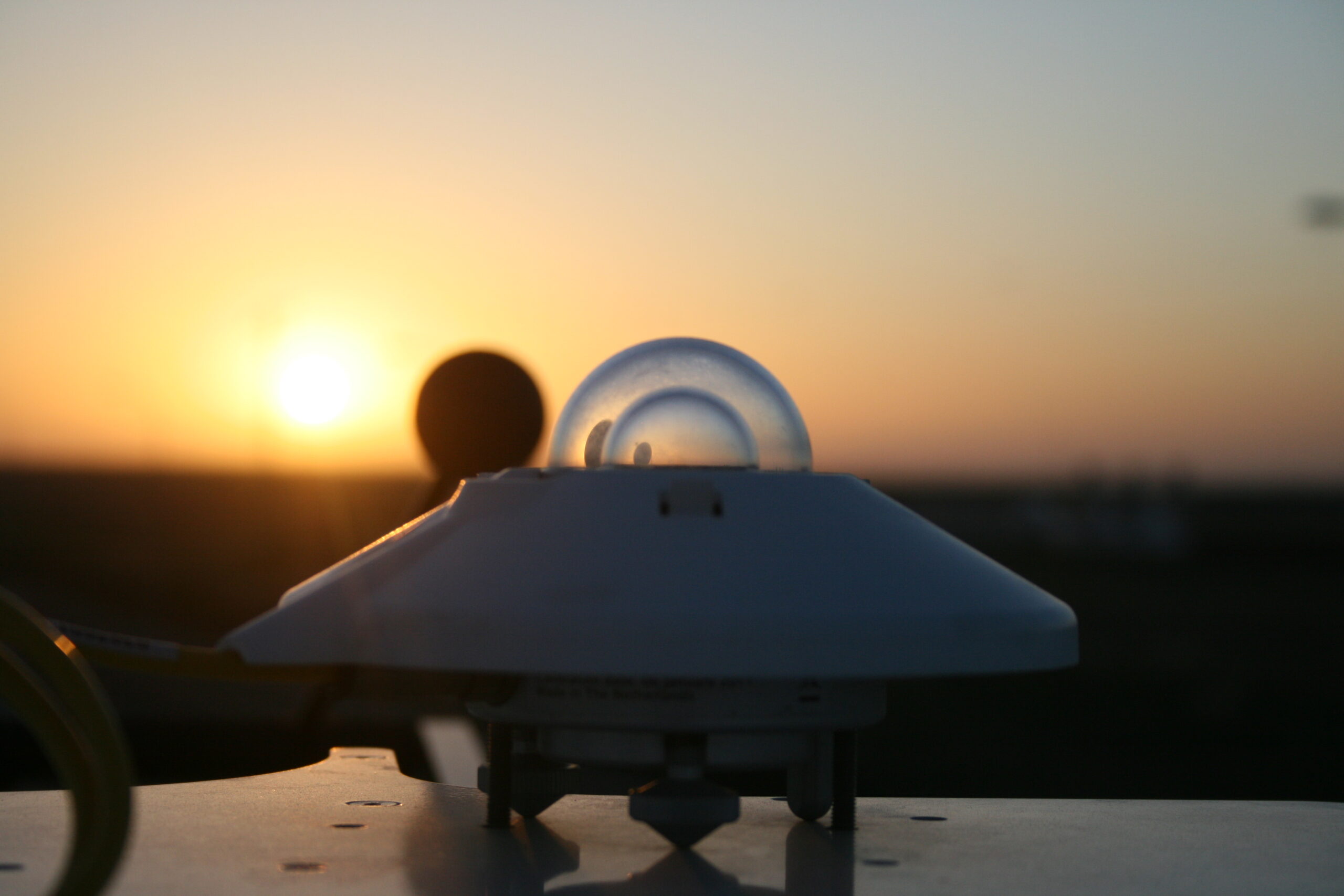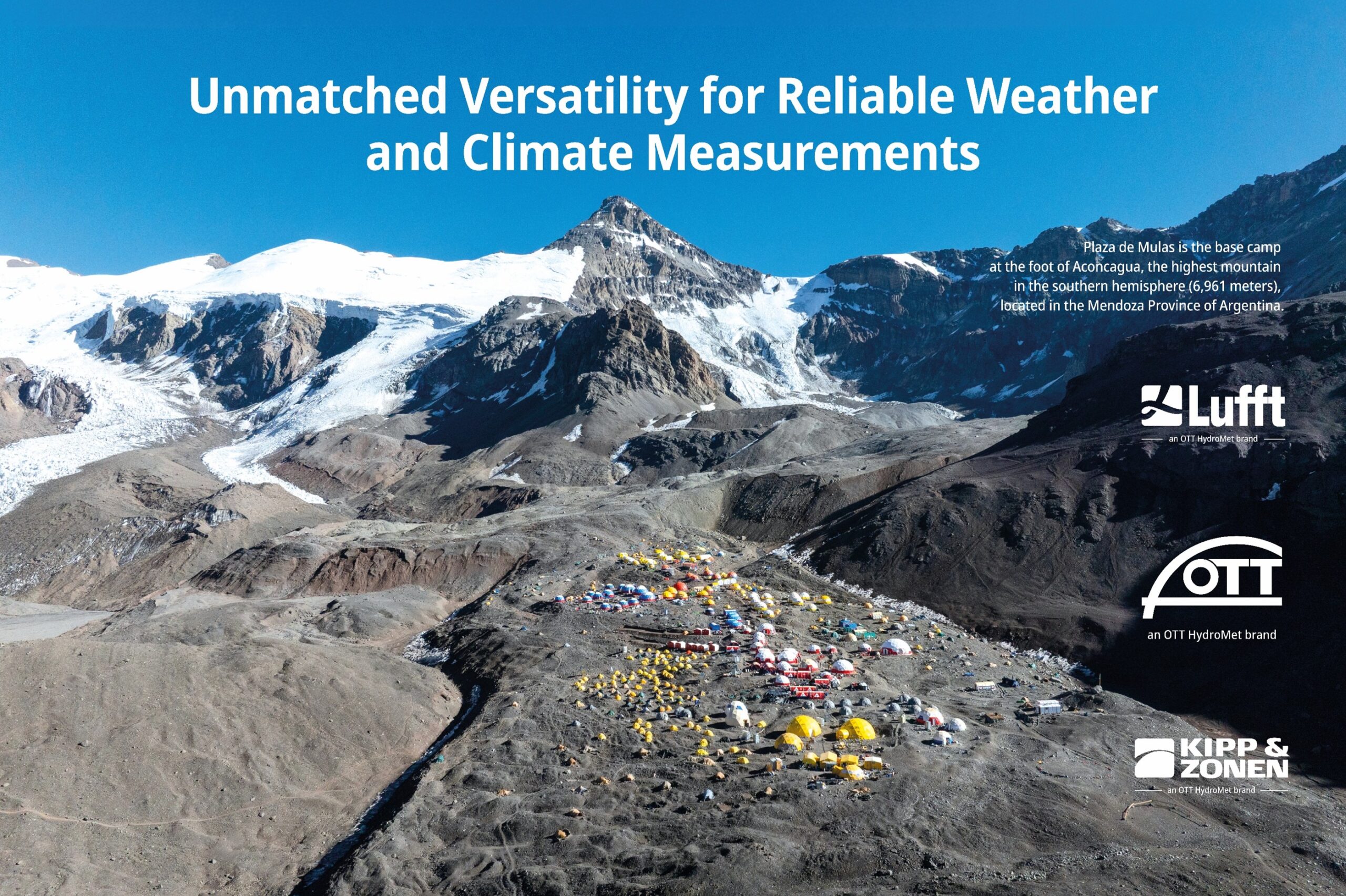Calibration of sensitive instruments such as sensors – environmental or industrial is very important. Most of the companies don’t give due importance to instrument calibration. They see calibration as an unnecessary expense. However, what they don’t realize is that if measurement equipment runs out of calibration, it can cost a Company its profits, reputation and may even put it out of business.
This article helps you understand the need to calibrate sensitive measuring instruments such as sensors and the risks of not calibrating a sensor.
Calibration of sensitive instruments such as sensors – environmental or industrial is very important. Most of the companies don’t give due importance to instrument calibration. They see calibration as an unnecessary expense. However, what they don’t realize is that if measurement equipment runs out of calibration, it can cost a Company its profits, reputation and may even put it out of business.
Reasons to Calibrate Sensors
A lot of options are available these days and most of these sensors are good to use just out of the box for most non-critical measuring applications. However, if you are looking for a sensor which delivers best possible accuracy, it should be calibrated within the system itself in which it is to be used. Listed below are the reasons as to why sensors should be calibrated regularly:
- Even if you are buying a sensor from the same manufacturer year after year, there are chances of variations between two sensors. This is because even if they are bought from the same manufacturer, production run may produce slightly different readings.
- Sensors which are subjected to shock, heat, cold, humidity etc., during storage, shipment and/or assembly may show variation in response
- The technologies used in sensors grow old over a period of time and hence the response of such sensors naturally changes over time. Hence, it is important to calibrate such sensors with old technologies to assure accurate outcomes
- Factors such as noise and hysteresis affect a sensor’s performance and hence the accuracy of the results. Sensors are subjected to random noise to a certain degree. Measuring instruments which have a low signal-to-noise ratio face problems while making repeatable measurements. Besides, few sensors exhibit hysteresis i.e. sensors tend to read high with a decreasing signal and read low with an increasing signal. This problem is commonly seen in many pressure sensors.
Risks of Using a Sensor Which Is Not Regularly Calibrated
Your Company becomes prone to the following risks if you use a sensor which is not calibrated regularly or as required:
- In case you continue using equipment which is not calibrated, a lot of waste is produced. Precious time, labor and material is wasted which eventually leads to reduced efficiency. Besides, the poor quality of products produced due to faulty measuring equipment affect the sales and reduces profits.
- If your sensor is not calibrated regularly, it affects the quality of final product. The reputation of your business depends on the quality of your products. If you ensure that your measuring equipment is regularly calibrated, you can ensure production of high quality products and in turn safeguard the reputation of your business.
- When bad quality products are delivered because of inaccurate measuring instruments, the first thing to be affected is your customer base. If your customers receive a product which doesn’t meet their expectations and requirements, they may turn to your competitors for a better alternative. Hence, you may lose customers.
Other serious complications you may face are putting your customer’s health at risk, landing in issues with the Food Safety department, breaching HACCP (Hazard Analysis and Critical Control Points) regulations, facing a closure notice from Environmental Health department and legal notices from other related governmental institutions.
Calibration experts or accredited lab calibration services are the best options to ensure that your equipment deliver highly accurate results, especially sensitive ones like sensors. Don’t put your reputation or profits at stake by neglecting instrument calibration. You can even inquire about calibration software to make the process of calibration hassle-free.
Do you have questions or annotations?
